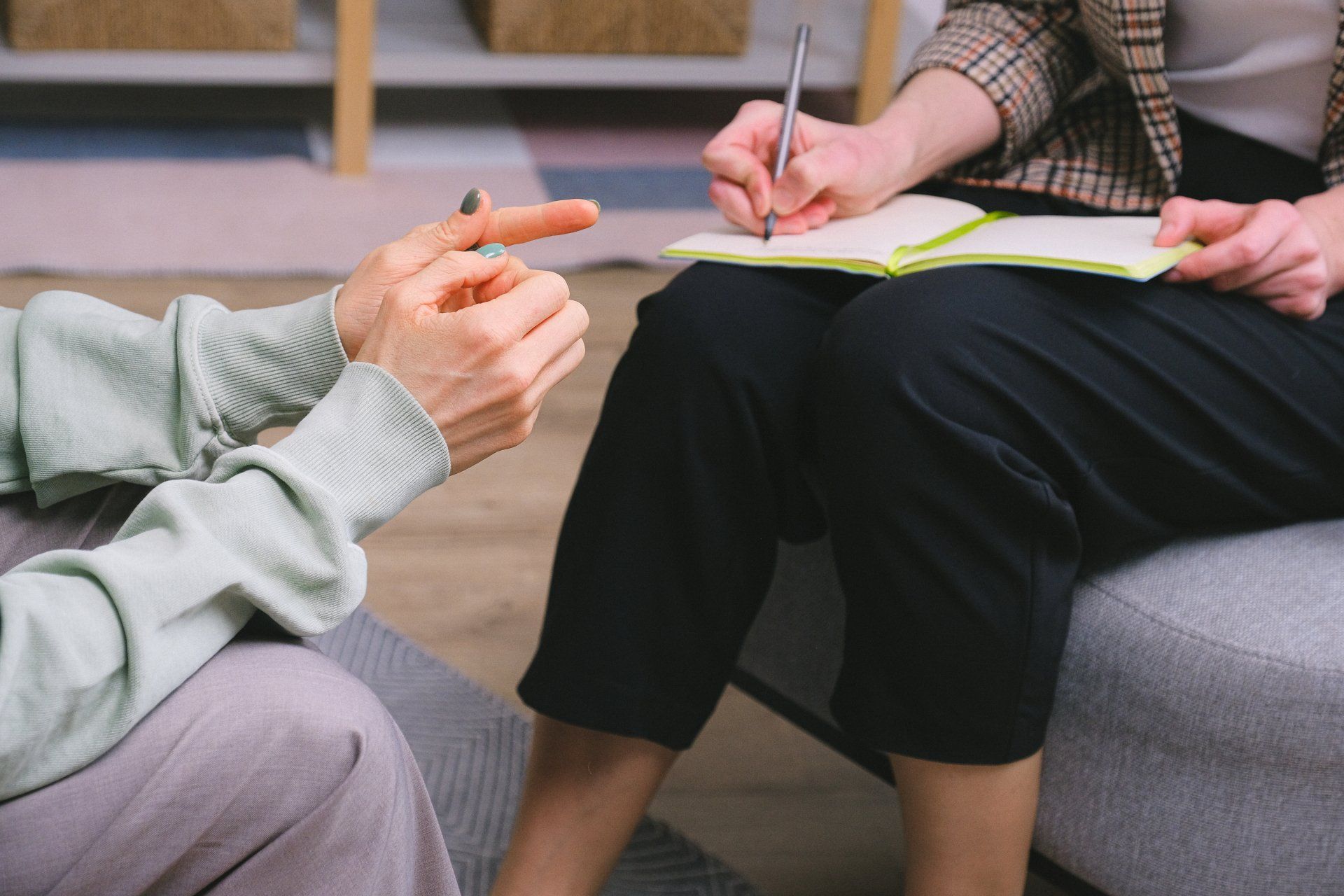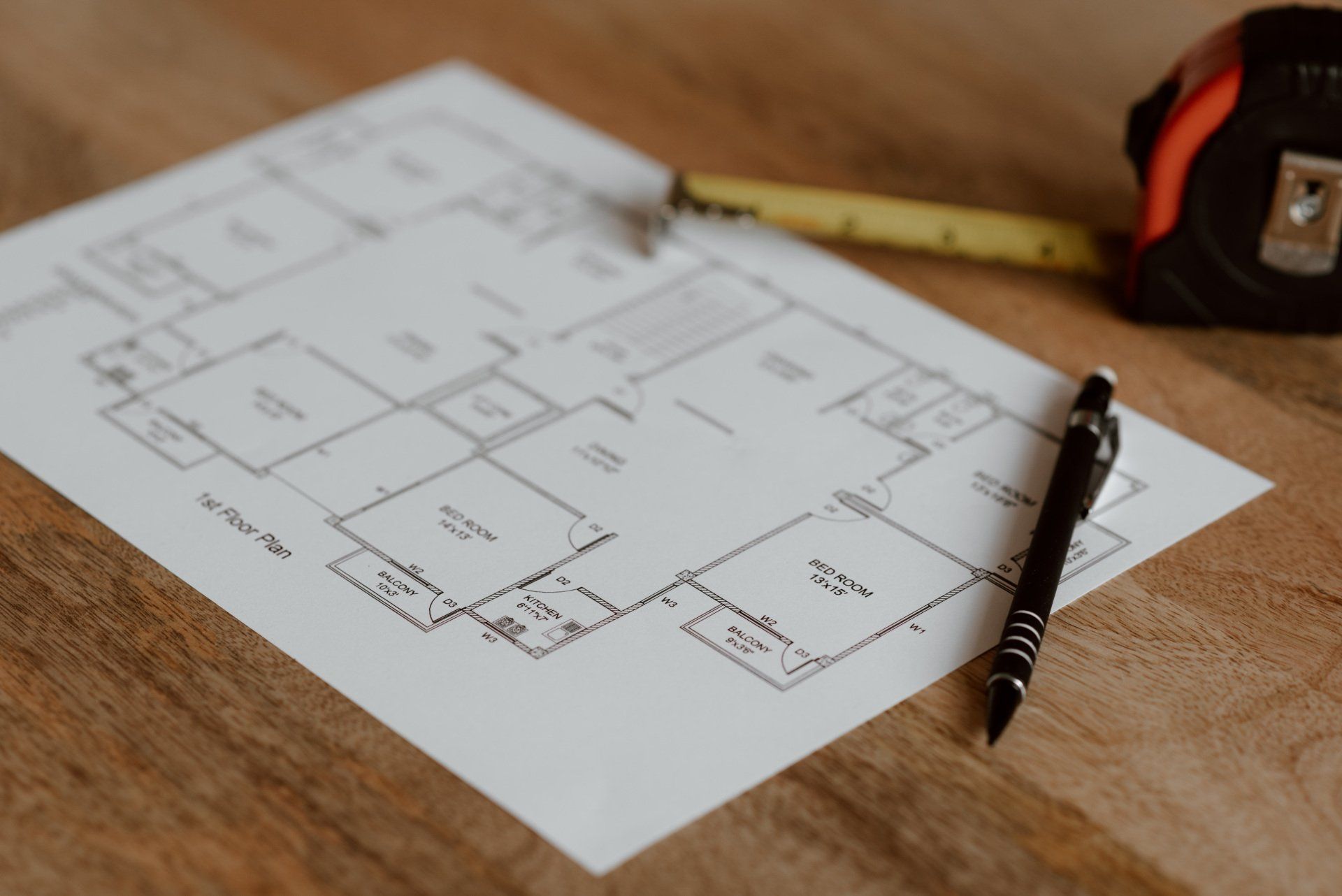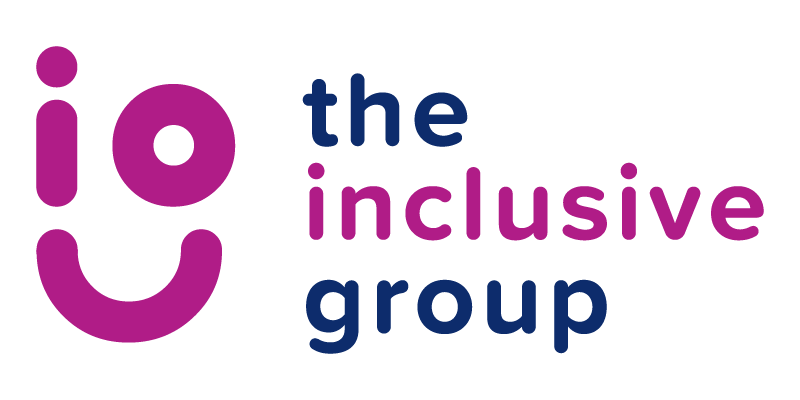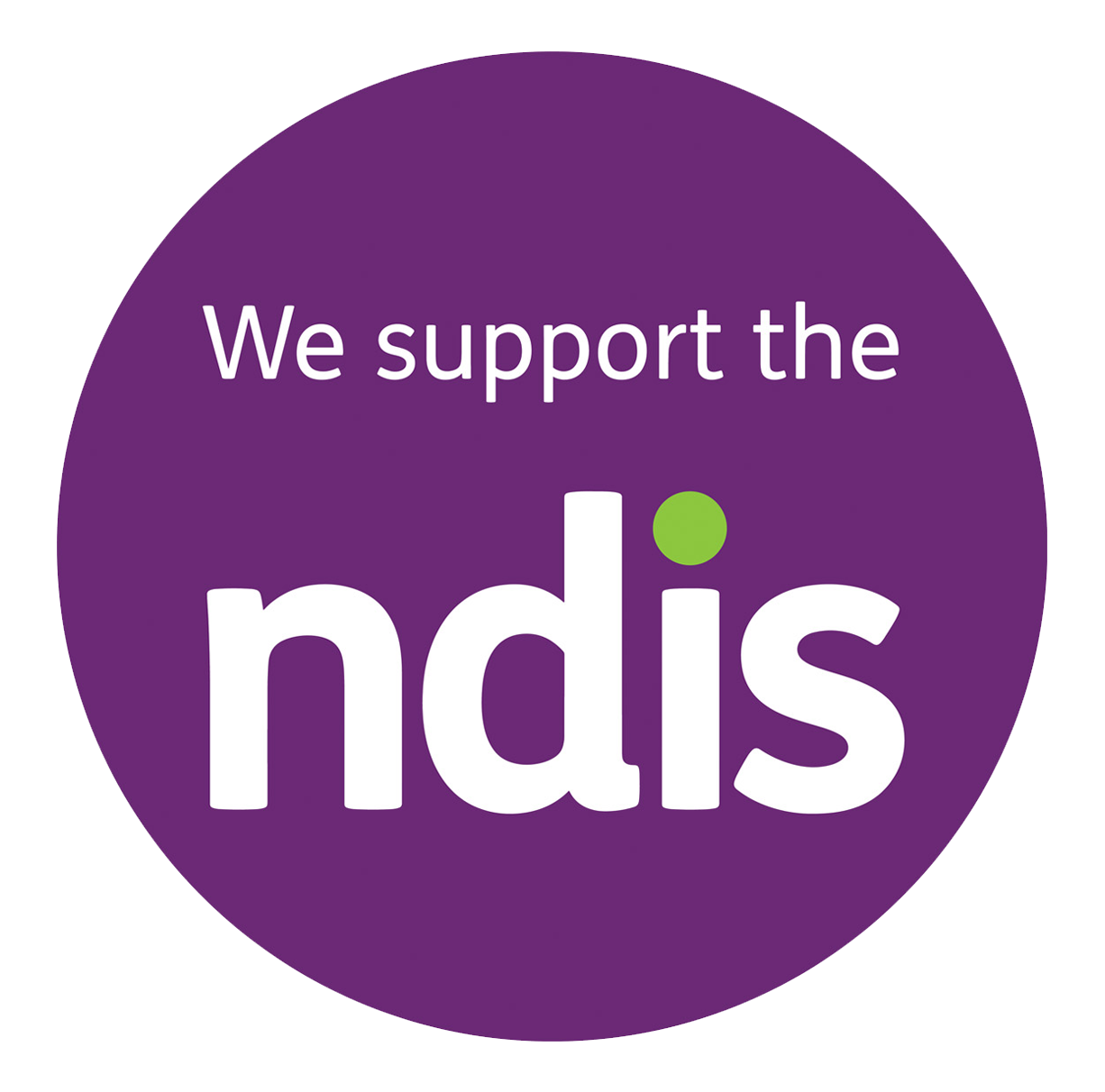Hiring Support Workers

Whether you use a registered provider, an unregistered provider, an agency, independent support workers or self employ, there are a few things to think out when doing so.
Checks and clearances
Regardless of where or who you go through to find your Support Workers, there are some key things you need to look out for. If you use a provider or agency, they will normally check off all of these things for you, prior to the Support Worker commencing. But if you employ someone through a social media, such as Facebook, or self employ, you will need to check off these things yourself.
100 points of ID
It’s important to know the person you are working with, is the person they say they are, and has legal rights to work in Australia. The easiest things would be a drivers licence and green medicare card.
NDIS Worker Screening Check
This check accesses the suitability of workers and identifies any potential risks to the safety and well-being of NDIS participants. The check involves reviewing criminal records, employment history, and professional conduct. Its purpose is to prevent individuals with a history of harm or abuse from working in sensitive positions or with vulnerable people.
WWCC
or Working with Children’s Check is for individuals who work or volunteer in roles involving direct contact with children. It is designed to protect children from potential risks and ensure their safety. The check involves assessing an individual's criminal records, employment history, and any relevant information related to child protection. Its purpose is to prevent individuals with a history of child-related offenses from working with children. The Working with Children Check operates alongside other safeguarding measures to create a safe environment for children. Its goal is to give parents, guardians, and the community confidence in the individuals working with children. Even if the adult is the person with disability, but either have children, or regularly have children visit, this check is a must.
CPR/First Aid
CPR/First Aid refers to life-saving techniques and initial medical care provided in emergencies. CPR involves chest compressions and rescue breaths to revive someone whose breathing or heartbeat has stopped. First Aid includes actions like controlling bleeding, treating burns, and immobilising fractures. Learning CPR/First Aid through training courses equips individuals with the skills to respond effectively in emergencies. Timely application of CPR/First Aid improves survival chances. Regular practice and updates are essential for maintaining proficiency. CPR/First Aid certification is a must have in the disability sector. These skills play a crucial role in providing immediate assistance and potentially saving lives in emergency situations. In Victoria, currently, CPR needs to be renewed every 12 months, and CPR every 3 years.
NDIS Worker Orientation module
The Worker Orientation Module 'Quality, Safety and You' is a training program for workers in the disability and aged care sectors. It covers topics like person-centered care, infection control, and recognising abuse. The module emphasises the importance of communication, teamwork, and continuous improvement. It aims to ensure workers have the knowledge and skills to deliver safe and high-quality care. Overall, it promotes the well-being and rights of individuals receiving support.
You may also wish to ask for copies of the below:-
Vaccination Status – you have the choice and control to work with someone who is no vaccinated, partially vaccinated or fully vaccinated and you have the right to ask.
Completion of any COVID-19 training certificate, there are many online free ones.
Any car registration and insurance details.
A national or international police check.
Copies of any qualifications or other certificates such as Food Handling or Manual Handling.


